From plant propagation using tissue culture techniques, biosafety farming to disease control using advanced technology, all activities aim to improve productivity, quality and commercial value of agricultural products.
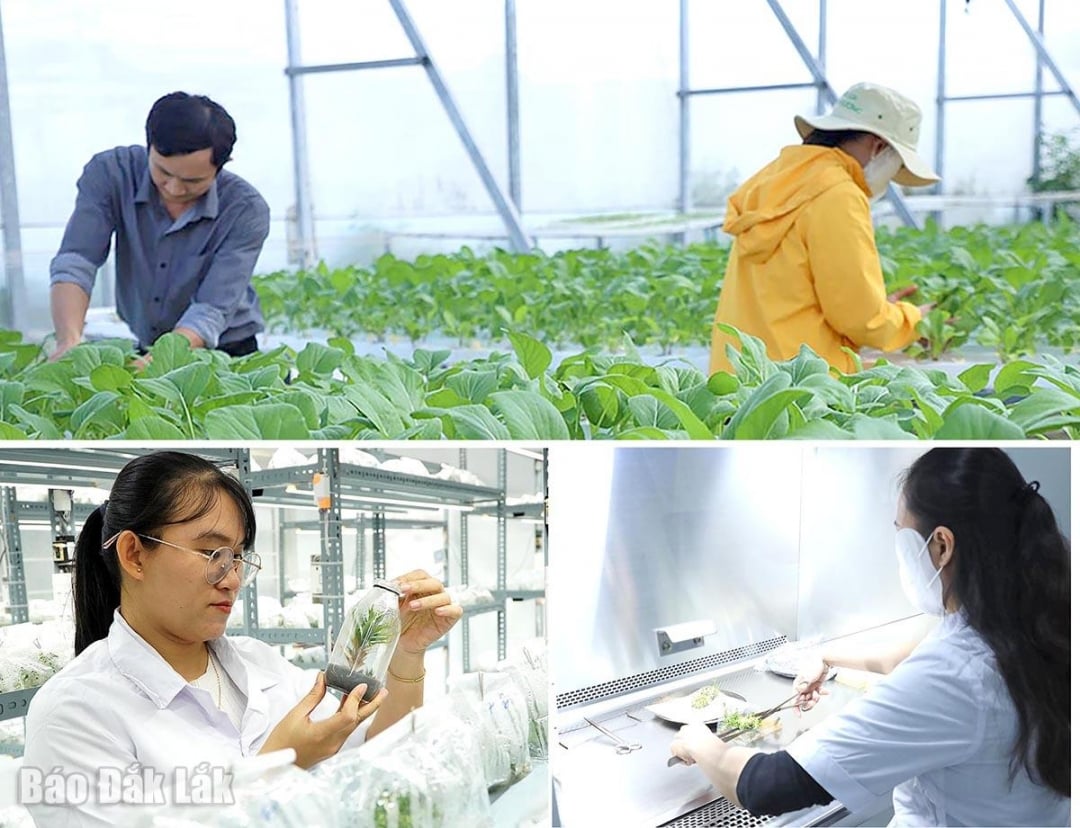 |
| Promoting research and application of high technology to create breakthroughs in agricultural production. Photo: M. Duyen |
Phu Yen High-Tech Agricultural Research and Development Center (belonging to Phu Yen High-Tech Agricultural Application Zone) can multiply 500,000 seedlings each year by tissue culture. Also using tissue culture techniques, this unit has successfully stored the gene sources of some valuable plant varieties such as ginseng, orchid, purple orchid, black orchid, myrtle, termite mushroom, sugarcane... Storing gene sources not only helps preserve valuable plant varieties that have faded away in nature but also helps maintain purebred varieties. At the same time, rapid propagation helps increase the area of crops grown simultaneously according to the large-field model, forming a concentrated production area. This is something that old farming techniques such as cutting and separating bushes cannot do.
According to Mr. Nguyen Van Hung, Head of the Phu Yen High-Tech Agricultural Zone Management Board, in addition to proactive production, the unit is promoting the attraction of scientific organizations such as the Center for Research and Development of High-Tech Agriculture (Ho Chi Minh City), the Center for Livestock Breeding in the Central region of the Institute of Animal Husbandry ( Ministry of Agriculture and Environment ) ... to invest in the Phu Yen High-Tech Agricultural Zone to diversify the source of breeds. Currently, two projects on breeding chickens and breeding pigs are completing the infrastructure and are scheduled to come into operation here by the end of this year. From there, there will be a guaranteed source of breeds for organizations and individuals to promote large-scale production.
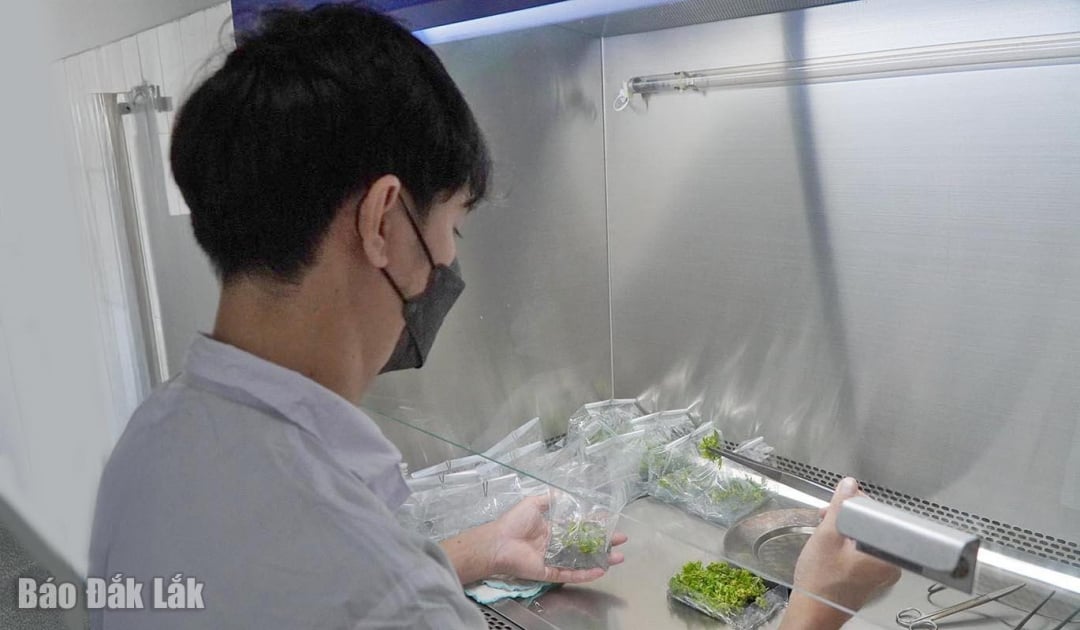 |
| Tissue culture technology is deployed at the Phu Yen High-Tech Agricultural Zone. Photo: M. Duyen |
Not only the Management Board of the High-Tech Agricultural Zone, many organizations and individuals in the province are also actively researching and applying high technology to agricultural production. A typical example is Master Nguyen Tran Vu, Chairman of the Board of Directors of Lien Xuan Phat Agricultural, Forestry and Service Cooperative. With his passion and efforts, Mr. Vu has successfully participated in the conservation of valuable native plant varieties such as Da Bia licorice, Ma Do tea and introduced giant bamboo into the forest canopy to replace forestry trees that are no longer economically effective.
"For the agricultural and environmental sectors, Resolution No. 57-NQ/TW has strategic significance in the context that Dak Lak province in particular and the whole country in general are facing climate change, resource depletion and green growth requirements" - Mr. , Head of the Management Board of Phu Yen High-Tech Agricultural Zone . |
Mr. Vu shared: “Da Bia licorice, wild sim, and Ma Do tea are precious medicinal plants that exist in nature and are in danger of extinction if their genetic resources are not properly preserved. Reviving these plants by tissue culture is a way to diversify crops, creating more opportunities for household economic development associated with restructuring the agricultural sector towards science and technology.”
Regarding bamboo, Lien Xuan Phat Agriculture, Forestry and Service Cooperative has successfully propagated and accurately identified 4 giant bamboo species by tissue culture and 23 other valuable and potential bamboo species. The cooperative's tissue culture room capacity produces 2 million seedlings per year. Tissue cultured bamboo produces disease-free, uniform seedlings with high survival rates and high yields, contributing to preventing erosion, stabilizing water flows, preventing water pollution, etc., while also bringing economic value from exploiting and processing bamboo products.
From the research results, Lien Xuan Phat Agriculture, Forestry and Service Cooperative has successfully produced sim wine from wild sim trees. The process of growing Da Bia licorice and Ma Do tea has also been transferred to the locality through training sessions to expand the production area, contributing to increasing income for the people.
As for giant bamboo, the Cooperative has signed a contract to supply seedlings to a company in Thai Nguyen to form a bamboo-planting area with medicinal plants on an area of 500 hectares. For households in the province, the Cooperative applies a capital contribution model, in which the Cooperative contributes 50% of the value of seedlings and techniques for the first 4 years of investment. By the 5th year of harvest, people will receive 90% of the profit. "Compared to growing acacia, growing bamboo has 5-6 times more economic value," Mr. Vu affirmed.
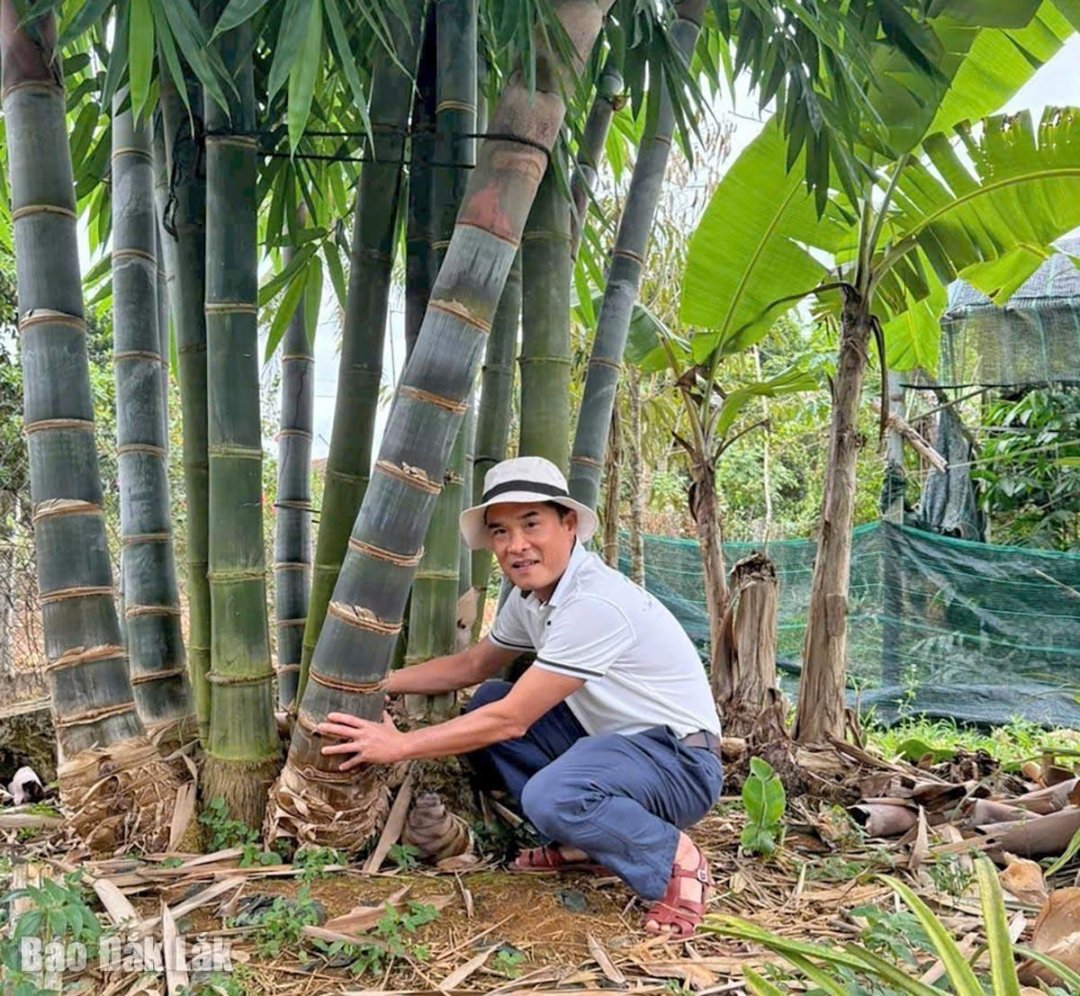 |
| From the laboratory, giant bamboo was successfully grown in the Tuy An Tay mountain area. Photo: M. Duyen |
According to Mr. Nguyen Van Hung, Head of the Management Board of Phu Yen High-Tech Agricultural Zone, for the agricultural and environmental sectors, Resolution No. 57-NQ/TW has strategic significance in the context that Dak Lak province in particular and the whole country in general are facing climate change, resource depletion and green growth requirements.
“To materialize this resolution, the Dak Lak Provincial Party Committee has implemented action programs, considering high-tech agriculture as a key driving force to improve people's lives, creating new momentum and strength for sustainable development. From there, technology is present in every garden, barn, locality and production area. This is a way to vividly bring the Party's resolution into life,” said Mr. Hung.
Source: https://baodaklak.vn/kinh-te/202509/tao-dot-pha-trong-san-xuat-nong-nghiep-49710fc/



![[Photo] Da Nang: Hundreds of people join hands to clean up a vital tourist route after storm No. 13](https://vphoto.vietnam.vn/thumb/1200x675/vietnam/resource/IMAGE/2025/11/07/1762491638903_image-3-1353-jpg.webp)




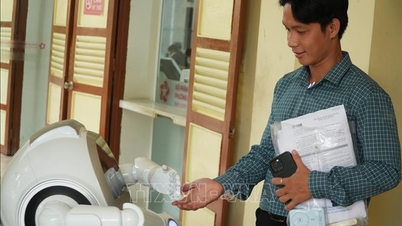

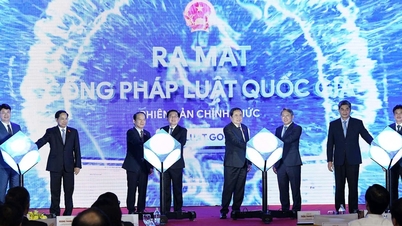

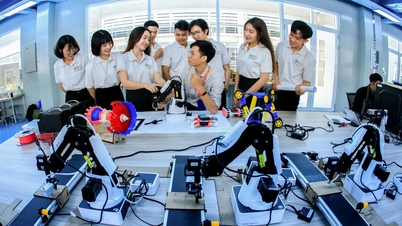

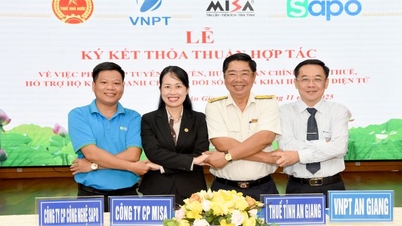


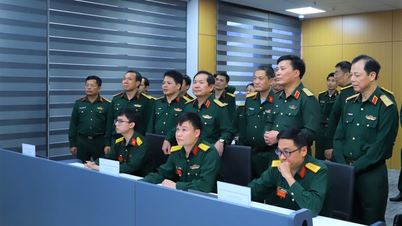



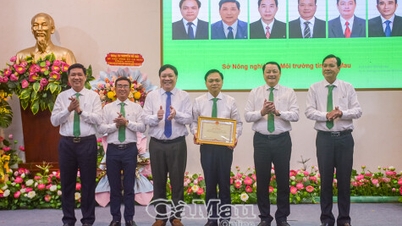







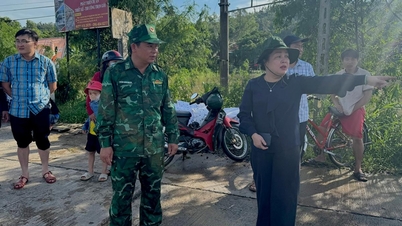






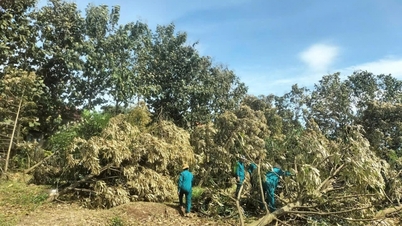
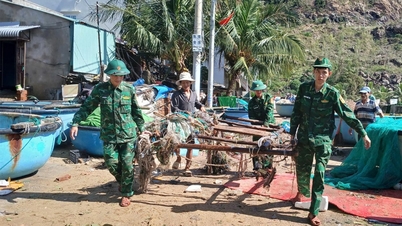
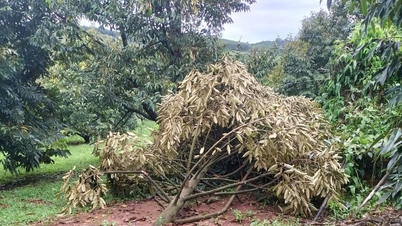
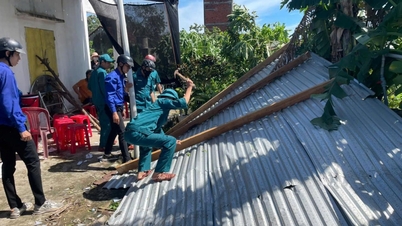











































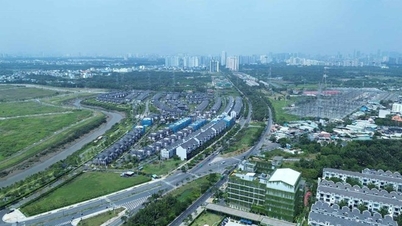













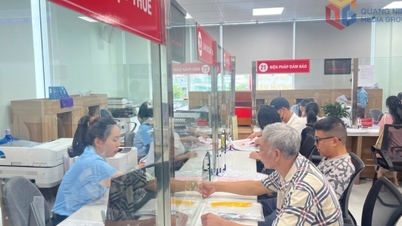


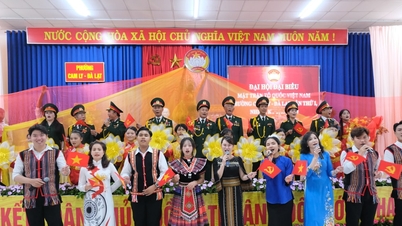

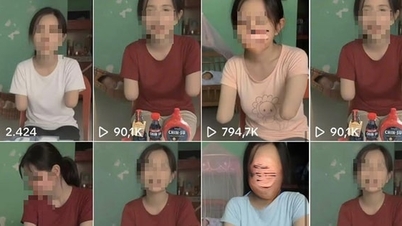

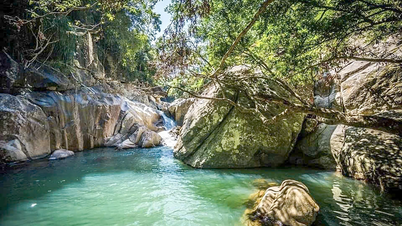
















Comment (0)